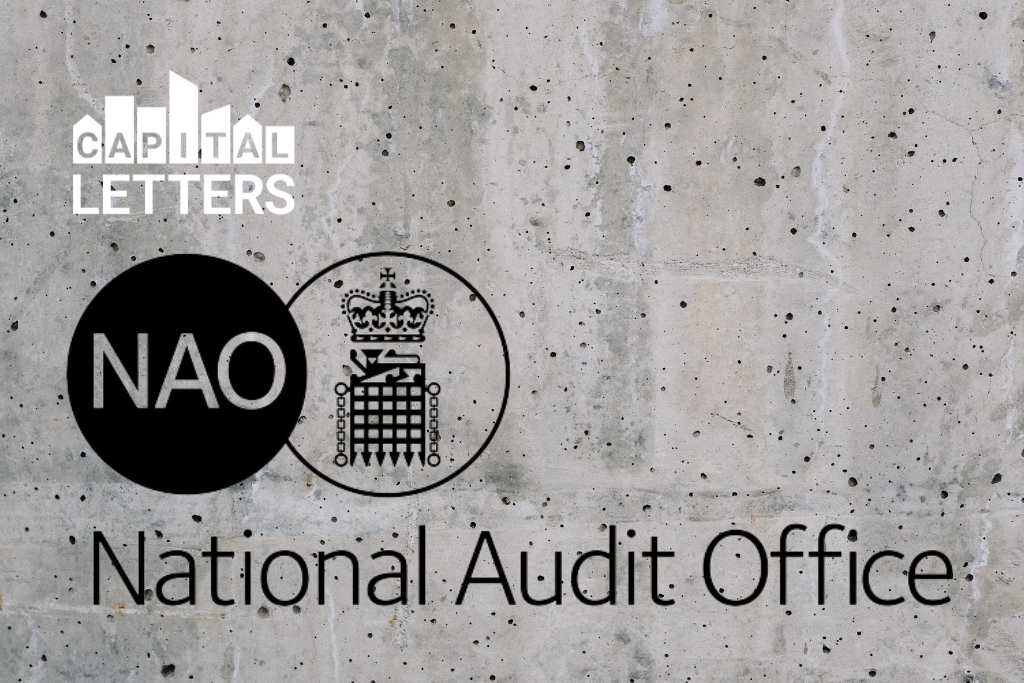
After supplying Londoners with almost 6,500 homes, saving taxpayers an estimated £240m* and supporting thousands of tenants, Capital Letters, the not-for-profit company dedicated to alleviating homelessness and owned by ten London boroughs is to close at the end of the year once all operations have been formally concluded.
Capital Letters was set up as a unique pan-London vehicle to address the implications of the introduction of the Homeless Reduction Act in 2018 and the systemic issues facing London Boroughs in managing the challenges of homelessness and escalating costs of temporary accommodation, supported initially by MHCLG grant funding.
These challenges have continued to build up ever more since Capital Letters’ inception in 2019.
“Capital Letters has saved taxpayers around £240m* over the last six years, but the impact of the post-pandemic housing crisis both in the unprecedented rise in rental prices and changes in the financial markets has made accessing affordable capital to deliver more homes for London impossible.” said Sue Edmonds, Capital Letters CEO.
“Our original success procuring great quality, safe, secure, and affordable homes for Londoners experiencing homelessness was stopped by rent inflation in the capital. We rely on landlords letting their properties at Local Housing Allowance (LHA) rates – which are affordable for those receiving benefits – but escalating costs and opportunities to increase revenue has resulted in rents inflating beyond LHA making them unaffordable and landlords leaving the market completely. Properties with rents at LHA levels now make up around 1.6%** of London rental stock when LHA was designed to cover the lowest 30%.”
“We have been actively pursuing funding options and new business models in order to continue to deliver our mission, but as an ethical not-for-profit organisation, the small margins we have been working with have been badly hit by uncertainty in the international markets and the cost of borrowing.”
“With a very heavy heart, we have come to the conclusion that – in the absence of any alternative funding or income generating options that would enable Capital Letters to continue to operate – it is better to proactively take a considered and prudent decision whilst we remain solvent to end this brilliant project with probity and our proud legacy intact. I’m immeasurably proud of what my team has achieved over the past six years and the positive impact Capital Letters has had driving new ways of working and approaches to solving homelessness across London.”
Paul Doe, Chair of the Capital Letters Board said “This is a very sad day for London. The value of Capital Letters goes beyond the company’s purpose to support member London Boroughs to access an improved supply of good quality accommodation to prevent and relieve homelessness, it’s been a mechanism to pull together ten London boroughs to collaborate and to find better ways to address homelessness.”
“The team have been an incredibly agile and responsive partner to our boroughs, for example, stepping in to provide housing management services when London Borough of Merton issued their first ‘Interim Management Order’. As a not-for-profit company, already jointly owned by Merton, we saved time and money stepping into the contract to manage the tenancies and support Merton.”
“The Capital Letters board have a responsibility to ensure that the organisation is being run in a robust manner. Though we remain solvent, we knew that if there was no-longer a path to viability then the decision needed to be taken. We haven’t taken this decision lightly, as everyone involved knows that this will be a great loss to London.”
Capital Letters’ unique offer to London boroughs extended to tirelessly campaigning for a better and more diverse housing ecosystem.
In 2023 Capital Letters supported the joint APPG inquiry into rethinking commercial to residential conversions as a solution to the housing and homelessness crisis; Capital Letters was part of the GLA Housing Committee investigation into Temporary Accommodation, and most recently Capital Letters has supported a parliamentary roundtable event looking at the issue of empty homes in the UK.
Capital Letters was part of the successful lobbying effort to increase LHA at the end of the last parliament, and a partner with London Councils, the LSE and Trust for London in groundbreaking research into the sentiment of London landlords who are facing new regulation and new economic outlooks.
Cllr Lynne Hale, Deputy Mayor, London Borough of Croydon and the Chair of the Boroughs’ Representative Body, comprising all ten Members as part of the governance of Capital Letters, said “It’s a hugely difficult time for London boroughs, sourcing homes for families experiencing homelessness, and the loss of Capital Letters will make it harder.”
“Having an independent not-for-profit company, jointly owned by ten boroughs added huge value and it’s been good to have had the opportunity of working together with housing colleagues across London in a non-political way, on the critical issue of housing for our residents facing homelessness. My special thanks to the Capital Letters team who have worked so hard and with such diligence and passion over the past six years to play their part in finding homes for families across London. Sourcing good quality homes has been very much at the heart of Capital Letters, and this will be a very difficult and sad time for many of the team.”
“We are proud of the legacy Capital Letters will leave both in terms of the families the team have housed and supported to avoid repeat homelessness, and the thought leadership that has contributed to the changing perspectives about possible solutions to the intractable issues Londoners face in dealing with the homelessness crisis.”
* Campbell Tickell: Future service and income options feasibility review January 2023 – Campbell Tickell calculated that member boroughs would achieve savings of £47,983 for each PSL property transferred to Capital Letters over 5 years.
**Crisis figure FINAL-Crisis-HE-Policy-Report-Now-I-have-my-flat-my-health-is-much-more-stable-April-2025.pdf







